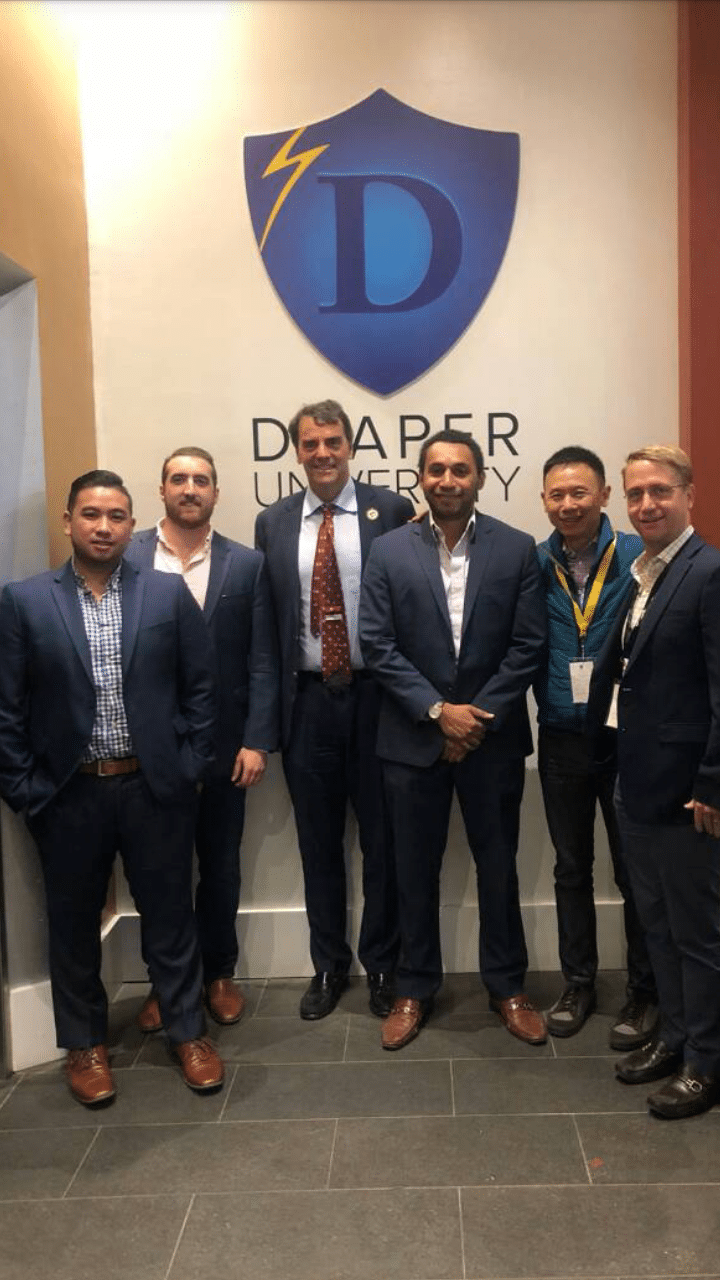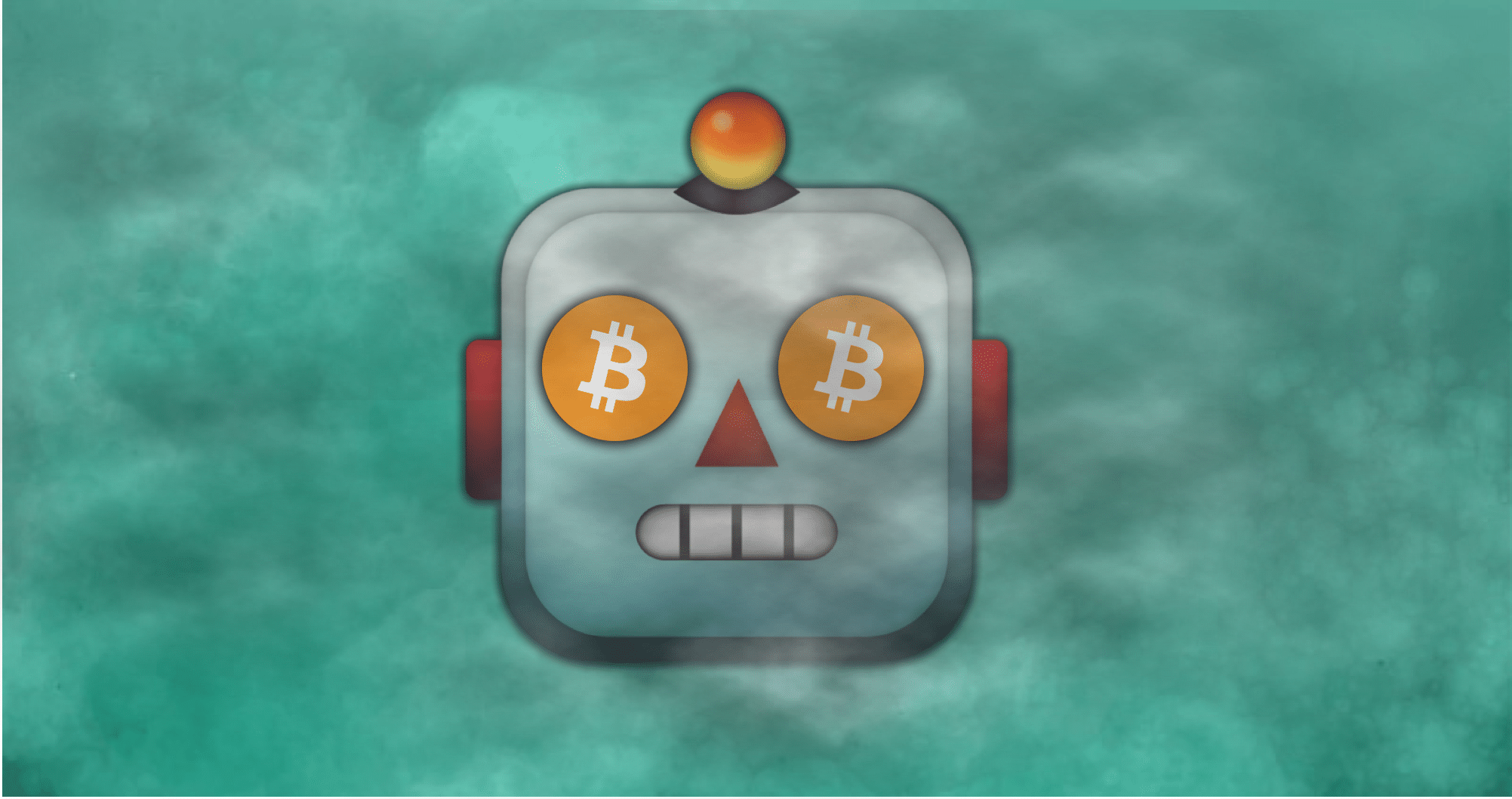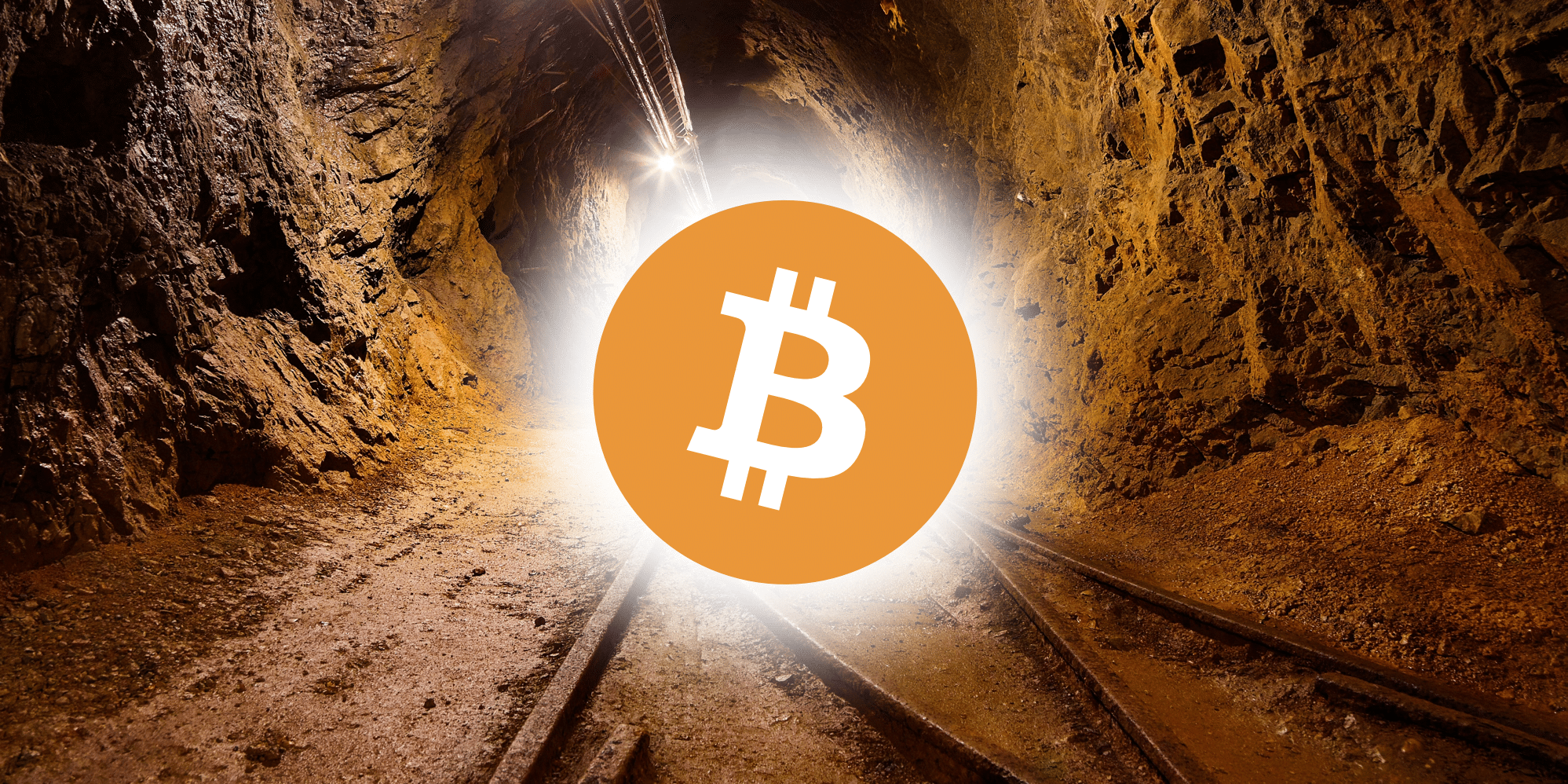Papua New Guinea is the Newest Kid on the Deregulated Economic Block(chain)
Papua New Guinea, a small nation in the South West Pacific region of Asia, is the newest country to offer economic freedoms and government support for blockchain companies looking to conduct token offerings. It will join Singapore, Malta, Switzerland, The Cayman Islands, Lichtenstein, and other smaller countries as premier crypto-friendly countries.
Tim Draper, the famed venture capitalist and passionate Bitcoin advocate recently announced his support for the initiative. Working in conjunction with PNG native and Ledger Atlas Founder Shane Ninai, they will lead the charge to promote the country as the new haven for token sales.

The PNG government plans to provide Ledger Atlas with a small island in the Finschhafen region to establish a special economic zone, where they will enact their own set of rules and regulations established by the company itself. This autonomy, according to Mr. Ninai, will cultivate the ideal environment for blockchain innovation.
“The significance of the Government of PNG partnering with us and Tim Draper to design and operate a special economic zone for crypto, blockchain and innovation is a massive win for the industry as a whole as we see increasing regulatory issues. We at Ledger Atlas are trying to create a home for the blockchain community, by the blockchain community.” Ninai said in a statement to Coin Central.
This initiative should spur economic growth for a nation in desperate need of improved economic opportunity. According to the World Bank, the country’s GDP is only a smidgen over USD 20 billion. For context, Jeff Bezos has an estimated net worth of roughly $120 billion. Mr. Rainbo Paita, the Member of Parliament representing the Finschhafen, had this to say:
“Technology is the future of any country. We believe with this zone we are positioning ourselves for success. We are a small country, but that does not mean we shouldn’t take bold and calculated risks. The blockchain is a revolutionary technological innovation, and we are happy to be aligning ourselves with Ledger Atlas and Draper Associates to realize this exciting new venture.”
This is a prudent move by a government attempting to diversify its economic output. As of 2014, most of the labor force was engaged in agrarian activity such as forestry and land cultivation, while resource extraction provided the majority of GDP growth. This recent surge in extraction activity has positioned PNG to become a significant economic player in the South Pacific. Now PNG can leverage its newfound status to help spread the gospel of blockchain to the rest of the South Pacific.

With all of the regulatory pressure from leading governments, the initiative could not come at a better time. Major economic powerhouses such as The United States have stifled the growth of blockchain innovation and token offerings, causing many blockchain companies to seek economic asylum elsewhere. The SEC recently reaffirmed its position that all tokens should be classified as securities, regardless of their underlying use.
[thrive_leads id=’5219′]
For those unaware of the difference between a security token and a utility token, security tokens are issued to represent ownership or equity in the issuing company (think stocks). Utility tokens (also called user tokens), on the other hand, are issued to allow user engagement in the underlying product or service. A fun example of this issue is the system utilized by your friendly neighborhood Chuck E Cheese. To access the arcade games, one must trade USD for arcade tokens (aka “utility tokens”) and only then can you enjoy Chuck E Cheese in all its glory. Should the SEC apply regulations our favorite childhood arcade economy too? To be fair, its possible to profit from utility tokens. Good luck trying to hustle Chuck E Cheese tokens.
As tokenization continues to grow in popularity, countries like PNG are wise to capitalize on the trend. In 2017, ICO’s raised more than USD 5.6 billion for blockchain companies compared to roughly $1 billion from traditional VC.
In the first two months of 2018, this trend has continued. ICO’s have raised 3.5x more capital for blockchain and blockchain-adjacent startups than traditional VC. Moreover, companies like Polymath are leading the charge to tokenize all asset classes (including conventional VC). If they succeed in this effort, countries like PNG will be in an ideal position to help support this nascent shift and benefit financially.
The countries that don’t assimilate crypto-friendly economic initiatives will ultimately hinder blockchain innovation and miss the opportunity support the new token economy. As social media guru, Gary Vaynerchuk, always says, “Innovate or die.”
Never Miss Another Opportunity! Get hand selected news & info from our Crypto Experts so you can make educated, informed decisions that directly affect your crypto profits. Subscribe to CoinCentral free newsletter now.










